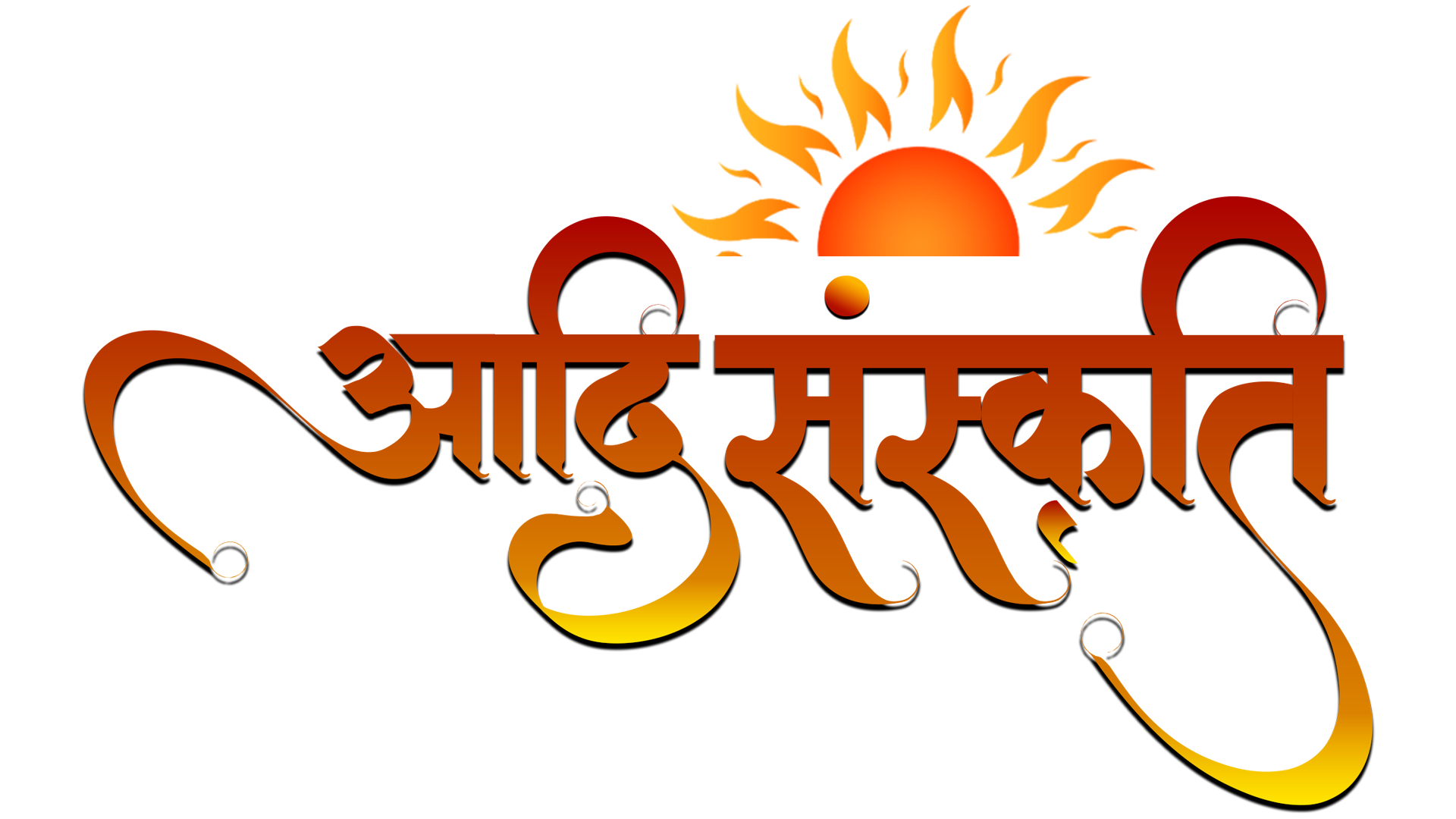
Themes
practices showing communitarian life
Bonda Tribe’s Communitarian Life, odisha
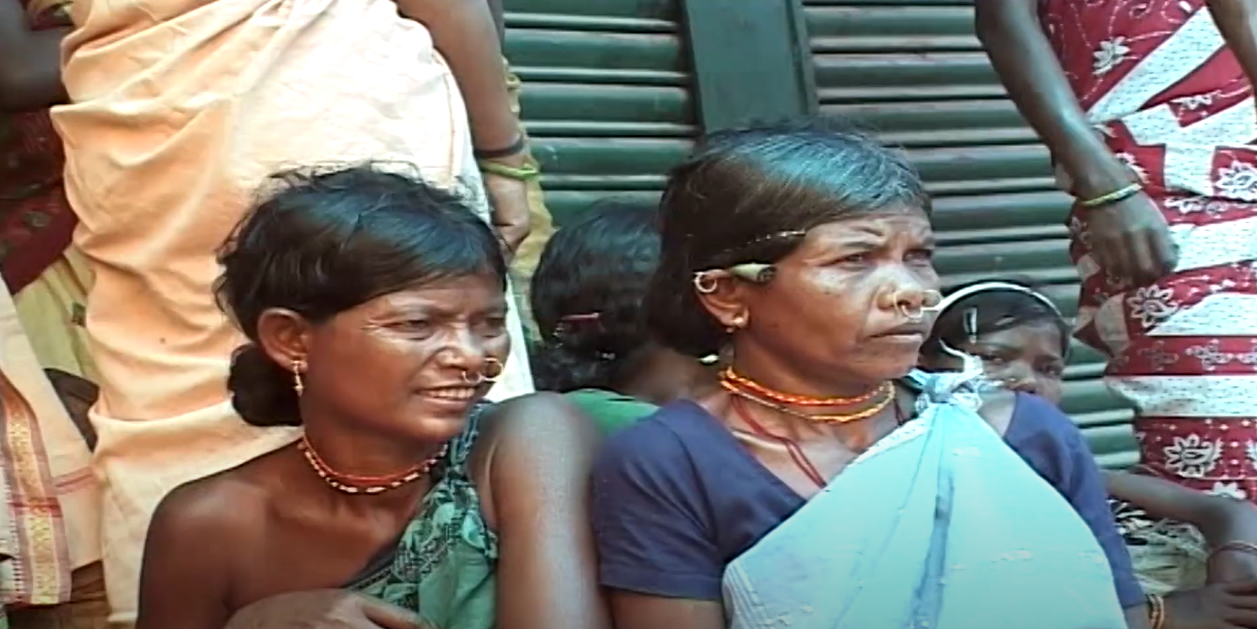
A significant feature of communal life among the Bondas is the Bonda Labour Cooperative (locally called Buti or Odja). This system of cooperative labor is rooted in mutual obligation and balanced reciprocity. The Bondas assist one another in work and agricultural happenings, for they feel that cooperation offers the best utilization of both human resources and natural resources. This spirit of cooperation builds harmony, mutual respect, and friendship among the members of the community.
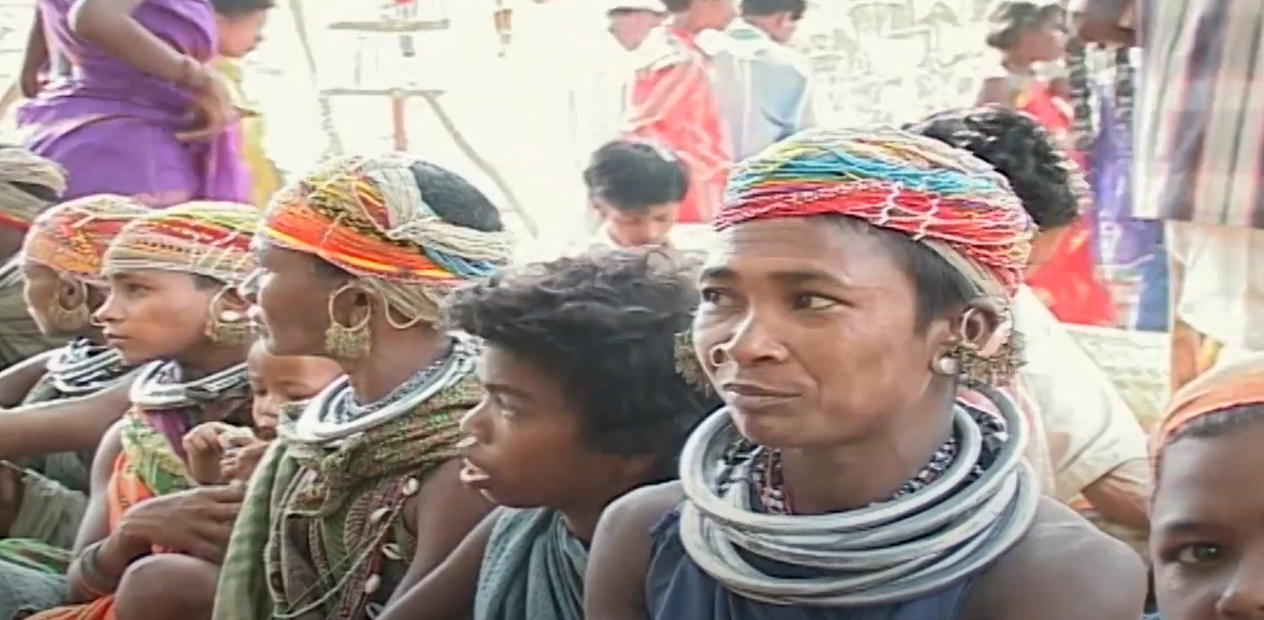
Labor cooperatives actively engage in many community-initiated activities like birth rituals, death rituals, marriage ceremonies, festivals, house construction, roof thatching, and especially hill cultivation. The four major types of labor cooperatives among the Bondas are Nuain, Sandungyar, Alus, and Kunta, each serving specific purposes in community life. Youth dormitories are another key institution in Bonda villages, established to guide and educate the younger generation. Each village has two dormitories: one for girls, called Selani Dingo, and one for boys, called Ingersin Dingo. The Selani Dingo is especially well maintained and serves as a space for social interaction and even functions as a kind of matrimonial agency.
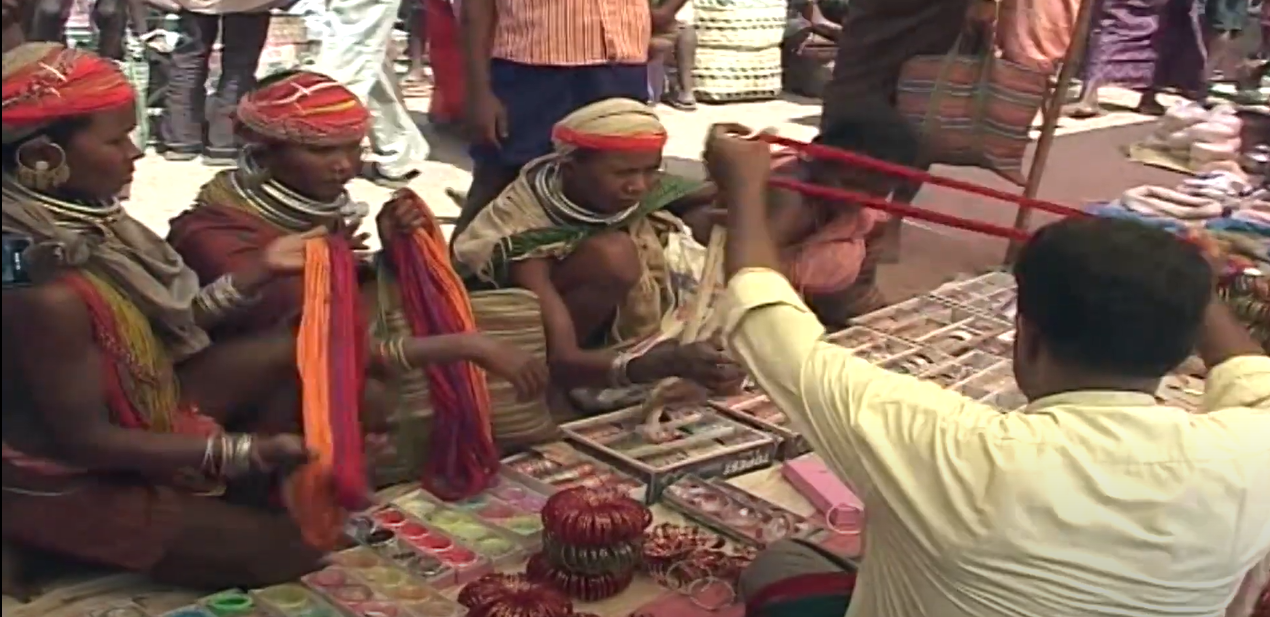
The Bonda family structure is predominantly nuclear, consisting of a married couple and their dependent children. Joint or extended families are rare. The society follows a patrilineal system, where lineage and inheritance are traced through the father’s side. Social identity and familial responsibilities are thus passed down the male line. Marriage is a significant institution in Bonda culture and is of two primary types: marriage by mutual consent (Sebung) and marriage by capture (Guboi). These customs are deeply embedded in traditional practices and reflect the social values upheld by the community.
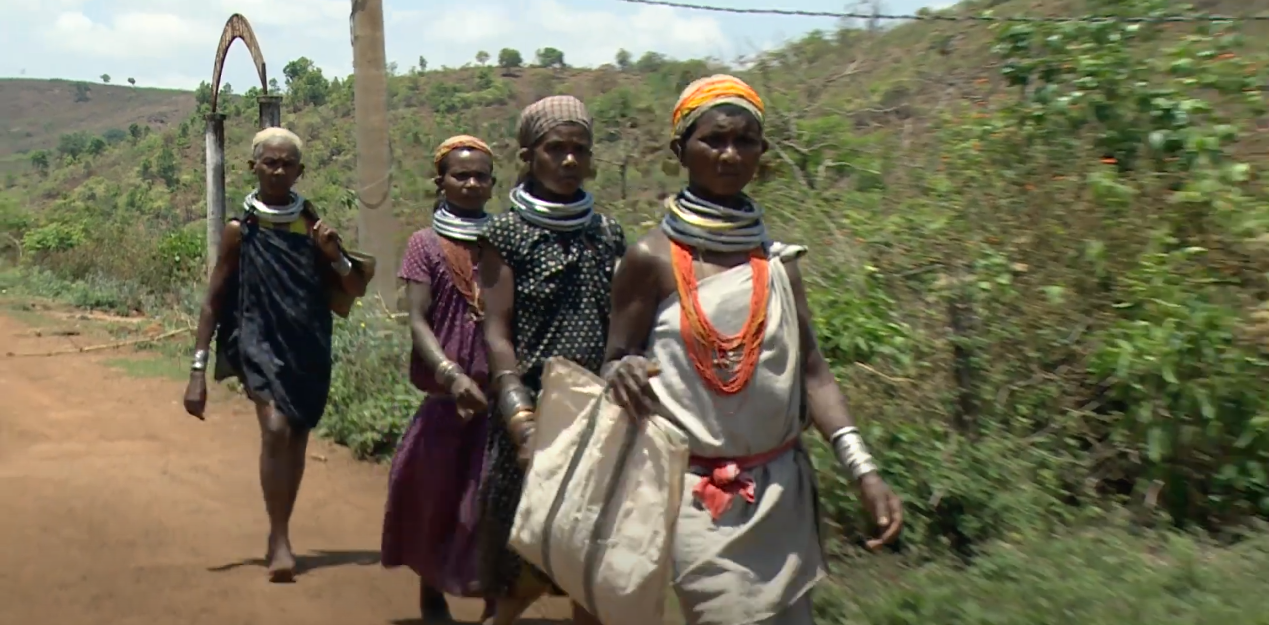
The Bondas are polytheists and believe in a wide array of gods and spirits, many of whom are associated with nature. Their chief deities include Patkhanda Maaparabu, the Creator of the universe; Hundi or Bursung, the Mother Earth and village goddess; Kapurchuan, the spirit of the stream; Dhartani, the guardian of cattle sheds; Uga and Renung Bor, the forest deities; Doliang, the spirit of the mango tree; Kaliarani, the spirit of lowland paddy fields; and Vinding Sagar, the spirits associated with musical drums.
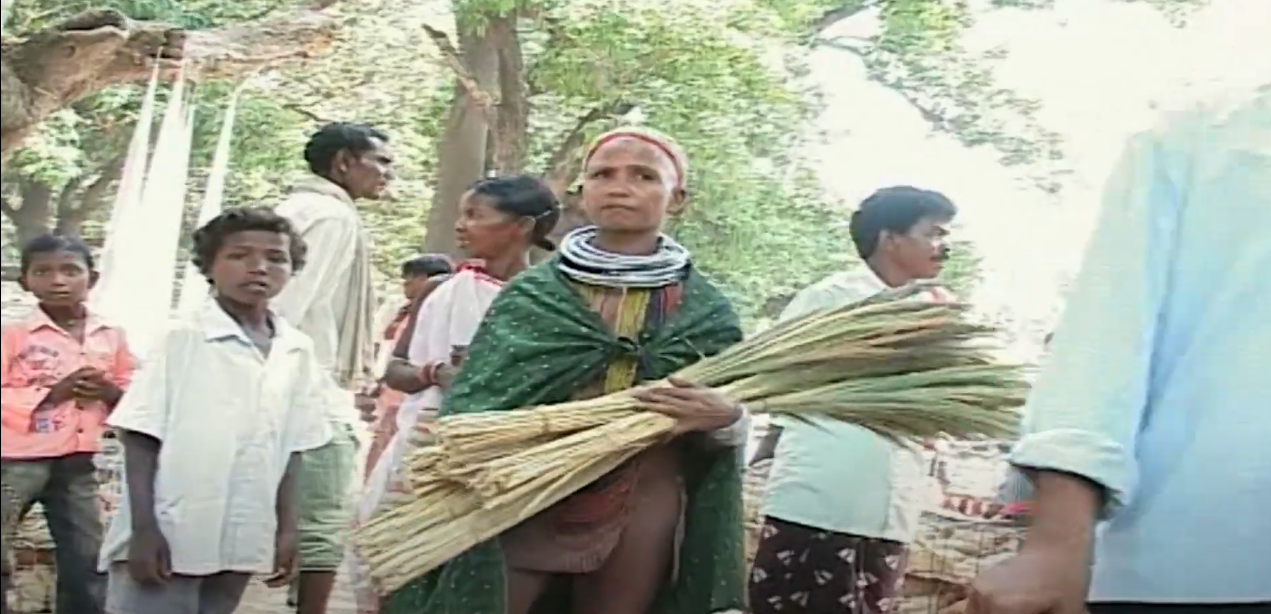
The Bonda community is governed at the village level by a traditional council responsible for resolving disputes and managing village affairs. Meetings are held at a designated spot known as Sindibor, usually located under shady trees within the village. Sindibor holds a special place in Bonda society as both a sacred and secular gathering space. It is dedicated to the deity Bursung (Mother Earth), who is worshipped during significant events such as harvests and the first ceremonial consumption of new crops or fruits. Beyond its religious role, Sindibor serves as a forum for elders to discuss matters related to village welfare, make decisions, and resolve conflicts. Through open dialogue and community consensus, this space helps cultivate unity, understanding, and a strong sense of solidarity among the Bonda people.
